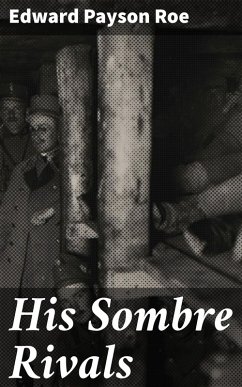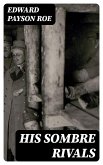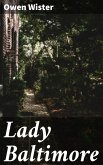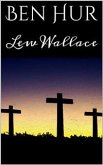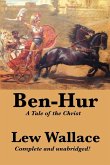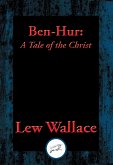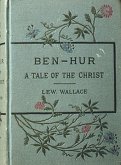In "His Sombre Rivals," Edward Payson Roe crafts a poignant narrative set against the backdrop of the American Civil War, exploring the intricate emotional landscapes of his characters while highlighting the moral complexities of war. Roe employs a vivid, naturalistic style that reflects the psychological turmoil experienced by individuals torn between duty and personal allegiance. Drawing on the era's historical context, he delves into themes of love, sacrifice, and the haunting repercussions of conflict, illustrating how the specter of war can shape destinies and drive wedges between once-close companions. Edward Payson Roe, a prominent figure in 19th-century American literature, was deeply influenced by his experiences as a chaplain during the Civil War, which not only shaped his worldview but also informed much of his writing. His literary career is marked by a deep concern for social issues and a nuanced understanding of human struggles. Roe's personal background as a well-educated man and his commitment to moral storytelling enabled him to tackle complex emotional themes in his narratives with remarkable empathy and depth. I highly recommend "His Sombre Rivals" to readers interested in historical fiction that captures the essence of human strife within the context of war. Roe'Äôs insights into the inner workings of his characters offer a profound commentary on the nature of rivalry and the human condition. This novel stands as both a gripping tale and a thoughtful reflection on the enduring impact of war on society and individuals alike.
Dieser Download kann aus rechtlichen Gründen nur mit Rechnungsadresse in A, B, BG, CY, CZ, D, DK, EW, E, FIN, F, GR, H, IRL, I, LT, L, LR, M, NL, PL, P, R, S, SLO, SK ausgeliefert werden.

